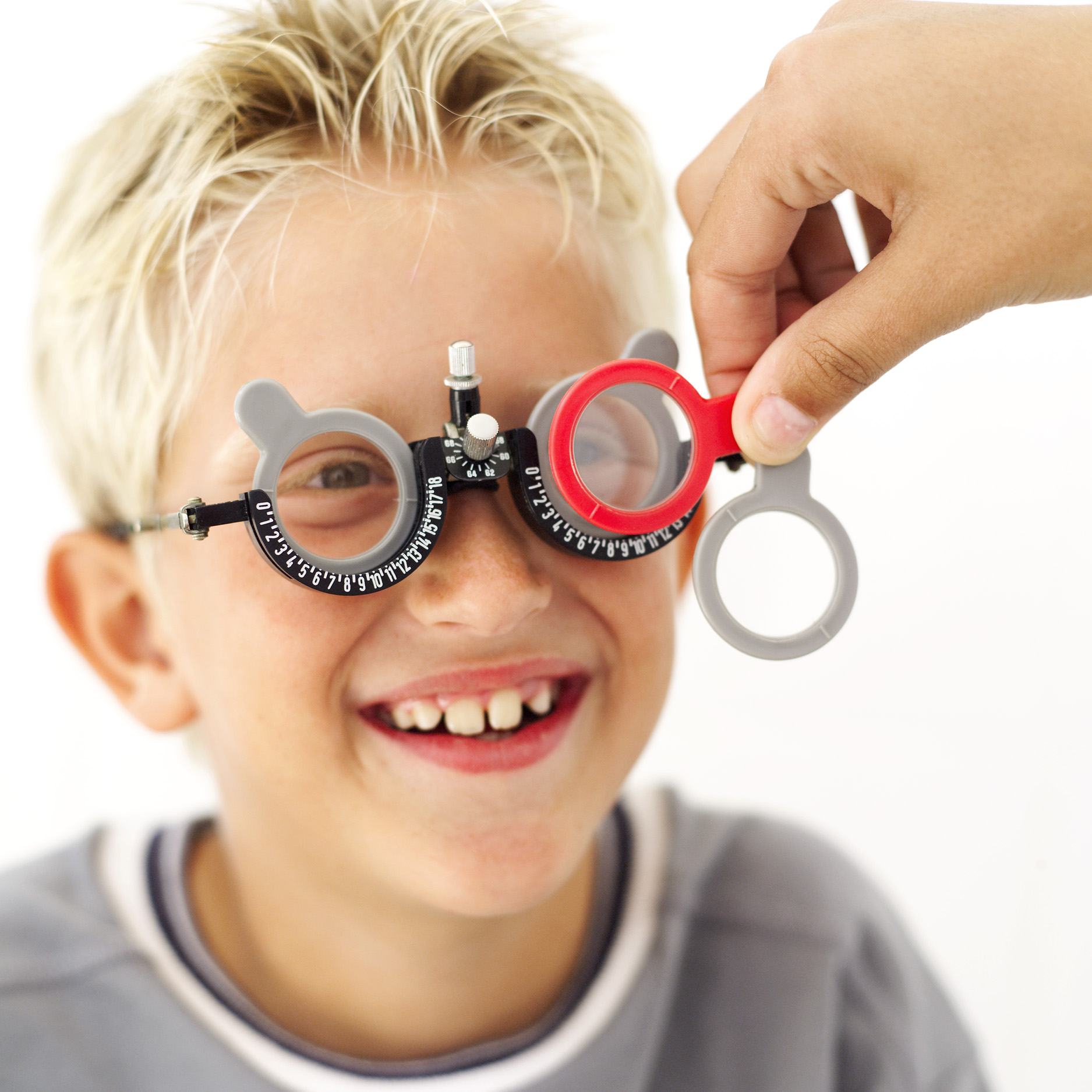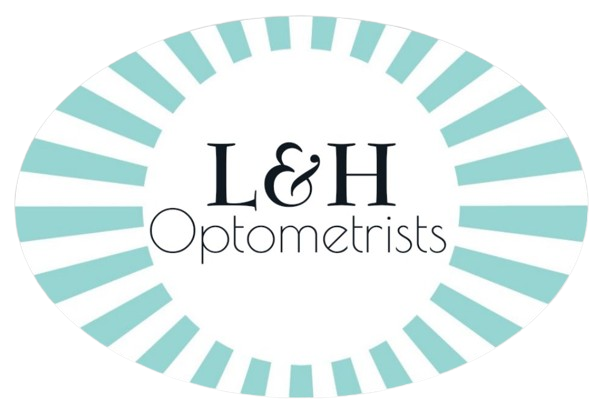Behavioural Optometry
Behavioural Optometry is the understanding of vision and how to encourage its development and efficiency. It considers your vision in relation to your individual visual demands, such as reading, computers, learning to read and write, and to ensure your vision is working easily and comfortably. The way that you interpret what you see does not depend solely on how clear your sight is. Behavioural Optometry also includes:
![]() Measurement of focus and eye coordination. Problems in these areas can affect visual comfort and performance when reading and writing, using computers and sports. Treatments include supportive lenses and vision therapy.
Measurement of focus and eye coordination. Problems in these areas can affect visual comfort and performance when reading and writing, using computers and sports. Treatments include supportive lenses and vision therapy.
![]() Measurement of distance focus, especially if there are symptoms of delayed focusing looking up from computers or blurred distance vision. This could be the onset of shortsightedness (myopia). Treatments for preventing myopia or reducing progression may be given.
Measurement of distance focus, especially if there are symptoms of delayed focusing looking up from computers or blurred distance vision. This could be the onset of shortsightedness (myopia). Treatments for preventing myopia or reducing progression may be given.
![]() Assessment of lazy eye (amblyopia) and/or turned eye (strabismus), and treatment if necessary via spectacles and sometimes vision therapy. Referral to an ophthalmologist may also be given if necessary.
Assessment of lazy eye (amblyopia) and/or turned eye (strabismus), and treatment if necessary via spectacles and sometimes vision therapy. Referral to an ophthalmologist may also be given if necessary.
![]() Assessment and treatment of tracking and eye movement control which effect reading fluency.
Assessment and treatment of tracking and eye movement control which effect reading fluency.
![]() Assessment and treatment of visual perception to ensure these abilities are normally developed for age. These skills may affect the ability to learn to read and write, to read at age level and achieve potential.
Assessment and treatment of visual perception to ensure these abilities are normally developed for age. These skills may affect the ability to learn to read and write, to read at age level and achieve potential.
![]() Assessment and management of visual concerns associated with health and neurological conditions, such as stroke, head injury, Parkinson's disease, concussion and whiplash.
Assessment and management of visual concerns associated with health and neurological conditions, such as stroke, head injury, Parkinson's disease, concussion and whiplash.


